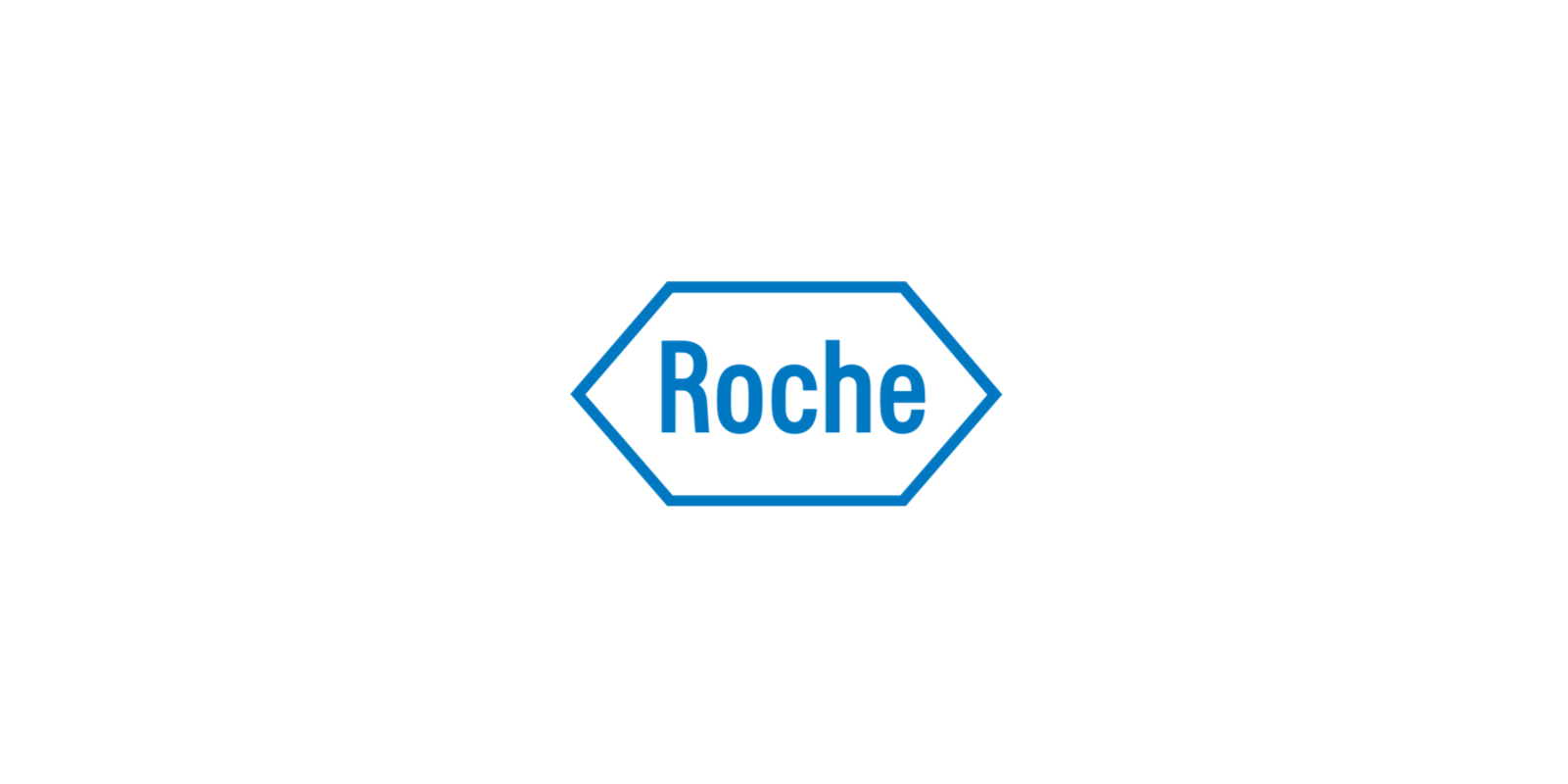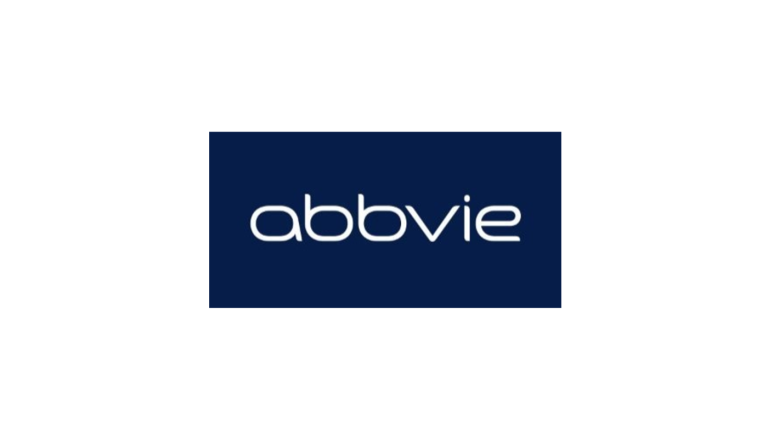Roche announced positive long-term follow-up data from the pivotal, phase III KATHERINE study in people with HER2-positive early-stage breast cancer (eBC) who have residual invasive disease following neoadjuvant (before surgery) treatment.
“We are pleased that Kadcyla could offer people with HER2-positive early breast cancer with a particularly poor prognosis a chance to live longer and without recurrence of their disease,” said Levi Garraway, M.D., Ph.D., Roche’s Chief Medical Officer and Head of Global Product Development. “The ultimate goal of treating early breast cancer is to maximise the chance of cure, and these results signify an important step forward for these patients.”
“Thanks to remarkable advances in diagnostics and treatment, more women are surviving an initial diagnosis of HER2-positive early-stage breast cancer than ever before. However, in those with higher risk disease, recurrence and long-term survival have remained a challenge,” said Prof. Dr. med. Sibylle Loibl, Chair of the German Breast Group (GBG), Principal Investigator of KATHERINE. “With these new data, Kadcyla is the first targeted therapy to demonstrate a significant survival benefit in people with HER2-positive early breast cancer with residual invasive disease after neoadjuvant treatment.”
A statistically significant and clinically meaningful improvement in overall survival (OS), a secondary endpoint, was observed with adjuvant (post-surgery) Kadcyla® (trastuzumab emtansine) compared to Herceptin® (trastuzumab): at the 7-year landmark OS rates were 89.07% and 84.37% with Kadcyla and Herceptin, respectively (hazard ratio [HR]=0.66, 95% CI: (0.51, 0.87), p-value =0.0027).
Data also show that the previously reported invasive disease-free survival (primary endpoint) benefit is maintained. Kadcyla reduced the risk of disease recurrence or death from any cause by 46% compared to Herceptin (HR=0.54, 95% CI: (0.44, 0.66), p-value <0.0001), strengthening the results of the primary analysis of KATHERINE. The safety profile of Kadcyla was consistent with previous findings and no new safety signals were identified.
The KATHERINE study has been conducted in collaboration with the GBG and NSABP Foundation. Full data are being presented as an oral presentation at the 2023 San Antonio Breast Cancer Symposium on Friday 08 December.
👉 Roche’s Kadcyla is the first targeted therapy to show significant overall survival benefit in people with HER2-positive early-stage breast cancer with residual invasive disease after neoadjuvant treatment



